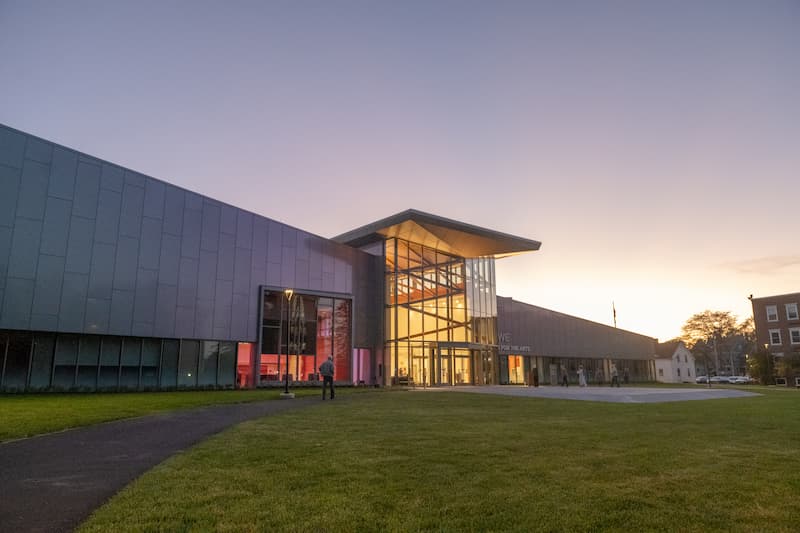An interview with Dr. Jacqueline Edmondson
Dr. Jacqueline Edmondson, President of the University of Southern Maine since 2022, previously spent two decades at Penn State as a tenured professor and associate dean in the College of Education, later serving as associate vice president and associate dean for undergraduate education. An accomplished musician, she champions the role of the arts and humanities at her university, where she has overseen the opening of a major new arts center.
Thomas Wolf: You and Meaghan Arena, the University’s Vice President for Enrollment Management, Marketing, and Student Retention, published a very compelling article this past summer entitled “Arts are not extra: How to reimagine the humanities.” When a university president writes a piece reflecting such a strong educational philosophy, people take notice. What prompted you to write it?
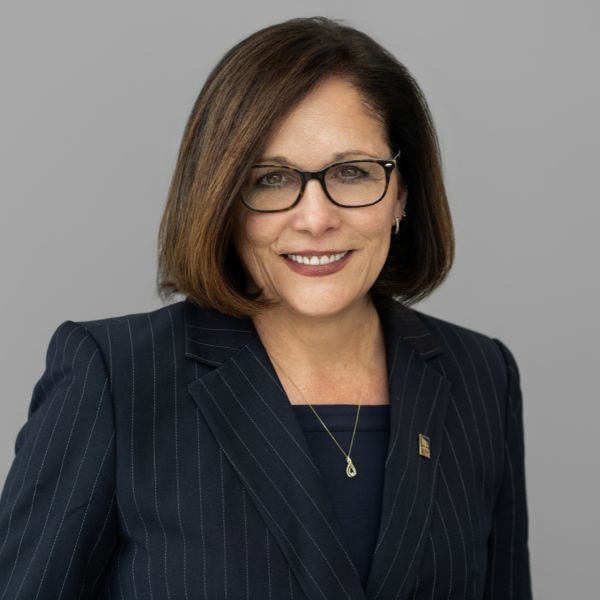
Jacqueline Edmondson: It was prompted by a growing concern that we in higher education allow the narrative to become too narrow. Meaghan and I felt compelled to push back against the constant pressure to define education solely in terms of vocational training and an immediate return on investment. The humanities and arts are often the first programs that are threatened when there are budget problems at universities. And yet they’re the disciplines that instill creative problem solving and ethical clarity. We wanted to make a clear, forceful statement that the arts aren’t extras—they’re at the core of human understanding and innovation. We also wanted to be clear about our commitment here at the University of Southern Maine.
Wolf: Why do you think universities target these programs in particular when making cuts
Edmondson: There are a couple of reasons. One is economic. The rising costs of higher education make students, parents, and administrators look for the fastest and most direct path to a high paying job. And so, sometimes the arts and humanities are not valued. Also, we in higher education, fail to articulate the value proposition around the humanities. We allow the narrative to be that humanities are soft skills or luxuries. I don’t think we’ve done enough to demonstrate that the habits of hand, heart, and mind are fostered in history, literature, and philosophy classes. Things like nuanced reading, complex reasoning, and compelling communication are the most durable and transferable skills in the modern economy
Wolf: Suppose I’m a parent spending every last dollar to send my child to college, and I’m worried about their job prospects. What would you say?
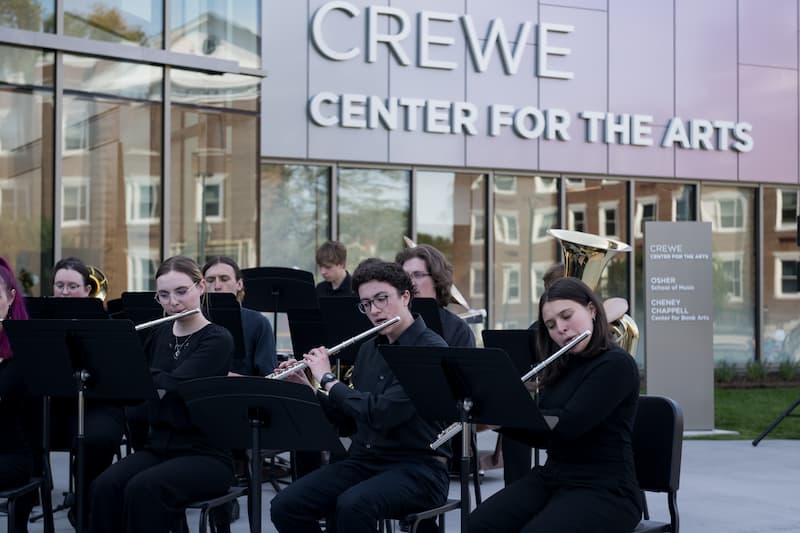
Edmondson: I would say that we need to prepare students in both practical and profound ways and that includes the arts and humanities. Think of nursing students. Yes, they need to understand human anatomy. But they also need things like empathy, critical judgment, and communication skills to deliver compassionate care—and that’s gained from their arts and humanities classes, from their literature courses, from their ethics courses. Yes, we have a responsibility to give all students the practical expertise they need to get their first job, but at the same time, we need to provide an intellectual foundation that will allow them to master every job that comes after that. Because we don’t know what the future may bring, so it is a mistake if we only limit our education to the practical skills somebody needs right now. We cannot severely limit their ongoing potential into the future as the world, and jobs, are evolving and changing.
Wolf: Some people talk about the arts and humanities being luxuries enjoyed by students from wealthy families with lots of social capital and strong networks. What do you think?
Edmondson: I think that is fundamentally wrong. It’s inequitable to think that the arts and humanities are only a luxury or something that the wealthy can enjoy. Think of a student who comes from a rural area, like I did myself, where there was no easy access to museums or concerts or other things that are more commonplace in urban areas. We want to level the playing field and not maintain a class divide where only the wealthy have opportunities to engage with the arts.
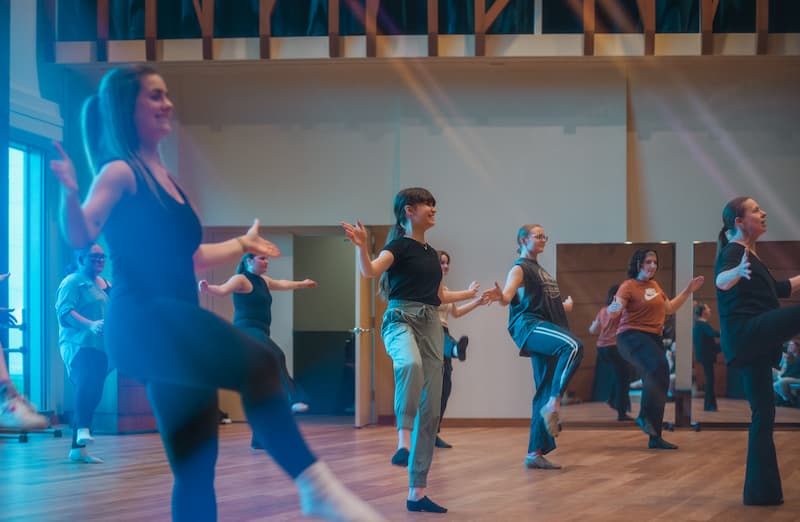
Wolf: Many justify the arts and humanities as essential for teaching critical thinking and writing skills. Does the need for these skills change in an age of increasing artificial intelligence?
Edmondson: Critical thinking means asking the right questions, being able to synthesize complexity, and then also engaging in ethical reasoning. So, it’s not just about what you can do, it’s what we should do or what we could do with tools like AI. People must be able to think through what’s in front of them and then to engage with AI in ethical ways.
Wolf: Your biography notes that you were “a low-income student who at 17 became the first in her family to attend college.” Could you talk a bit about your journey?
Edmondson: I grew up in rural Pennsylvania. My grandmother, who is now 102 years old, would tell you that we were dirt farmers. My grandparents didn’t graduate from high school, nor did my parents. And so when I was 17 years old, all I wanted to do was play the piano. I was admitted to Penn State University based on my academic background. But I had to go audition to be a piano performance major. And my life was forever changed when I was also accepted as a piano student. When I started at the university, I realized that I didn’t have the social and cultural capital, I didn’t have those words, that my peers did in those days. I knew that I was different. I took a British literature class in my first semester because I thought that I needed to have a better understanding of culture. I can still tell you every book that we read that semester, but one of them that really stuck with me was Thomas Hardy’s Jude the Obscure. It’s this tragic novel, a working-class person who is trying to earn a classical education and is constantly shut out by the rigid class system of the university in those days. Reading that book was both unsettling and memorable. And it challenged me in every way and made me more eager to pursue my education. I learned to think, to understand the world in different ways, to understand different people, and to connect with different people. And it also deepened my own commitment to opening doors for students so that they can also pursue higher education.
Wolf: Before your current job, you had faculty administrative appointments at Penn State, where you had 90,000 students work across 20 campuses. Your current university has less than 10% of that many students, and just over 800 of them take courses online. Is it more difficult to push for strong arts and humanities when there’s so much budgetary pressure in offering a wide, practical curriculum in a small school?
Edmondson: I do think it is a challenge. But it makes my commitment to the arts and humanities even more vital and strategic. One strategy is not to treat the arts like they’re isolated pursuits for specific concentrations. My commitment is to make sure that every student has a meaningful experience with the arts and humanities, not just majors. I want students to attend performances and see exhibits, but that’s not enough. I want them to engage and to think about how, for example, music and art is part of their lives. And not just students. It’s been really fascinating to me to see the number of faculty who are taking music lessons. Students get to see their faculty (even those not musicians or artists) engaged in music and the arts and learning. One of our physics professors who has a PhD in physics, is currently pursuing a BA in music. And I am taking piano lessons again. It is an example of lifelong learning and thinking about how important the arts and music are to our lives.
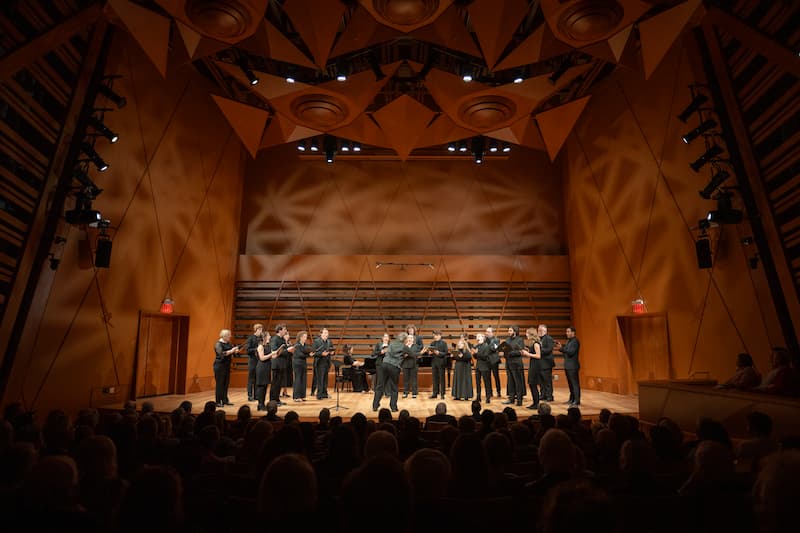
Wolf: The University has just opened the Crewe Center for the Arts, a state-of-the-art facility that brings together music, dance, theater, visual arts and interdisciplinary expression under one roof. This would be the envy of many institutions many times your size. As a public institution in a rural state with limited resources, how did the university justify such an investment? How do you see it changing your university?
Edmondson: Our students and community deserve the best, including state-of-the-art technology, equipment, instruments, and space. One thing we are trying to accomplish with the Crewe Center for the Arts is more integration of the visual and performing arts. So, there’s an art gallery, there’s a center for book arts, and they’re opportunities for people to come together in interdisciplinary ways. It took over 30 years of advocacy and major philanthropic support from people like Dan Crewe. Interestingly, much of the philanthropic commitment came from people in our community who didn’t have a direct tie to the university. They recognized how this would add to the quality of the experiences for our students, would allow us to hire and attract great faculty, would be an enhancement to the broader community, and would elevate our reputation in ways that are really critical. It will be a community resource, not just a university resource.
Wolf: Thanks very much for sharing your insights. Let’s hope others in leadership roles will be as strong in championing the arts and humanities.


